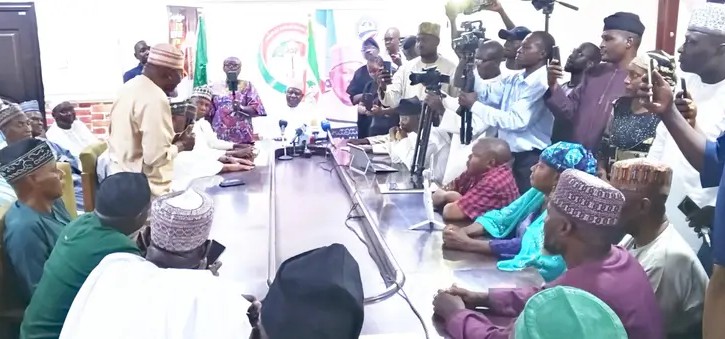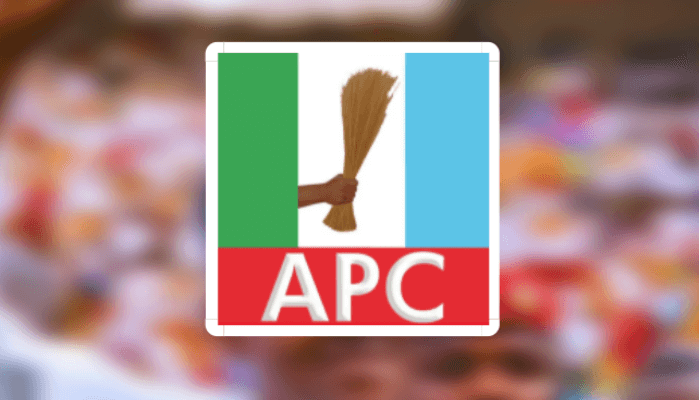A 29-year-old mother from Dawakin Kudu, Kano, was devastated when she discovered her child’s malnourishment during a visit to the Gano PHC. With no job and another child with special needs, she faced immense financial strain when her child was referred to Aminu Kano Teaching Hospital for surgery.
The Kano State government’s 2020 commitment of N4bn to its Multisectoral Strategic Plan of Action for Food and Nutrition starkly contradicts the persistent malnutrition crisis. The state budget’s negligent allocation of a mere N64m for child nutrition in 2021 and 2022 signifies a severe lack of prioritization, further exacerbated by unfulfilled allocations.
Murtala Inuwa, from the Kano Primary Healthcare Management Board, defensively claimed that funds for malnutrition treatment were allocated through separate channels, leaving transparency and accountability shrouded in ambiguity.
Investigations uncovered that the treatment of malnourished patients in two PHCs was majorly funded by an international humanitarian organization, Médecins Sans Frontières (MSF), portraying the government’s inaction.
Furthermore, the state heavily relies on non-profit organizations like UNICEF and Alive and Thrive to combat malnutrition, highlighting the government’s inadequate approach.
Despite the Freedom of Information (FOI) Act 2011, the Kano State Ministry of Health has stonewalled a FOI request, suggesting a deliberate effort to obscure the truth and avoid scrutiny.
Experts express deep concerns about the government’s lack of seriousness and heavy reliance on donor agencies for funding, emphasizing the fragility of Kano’s approach to malnutrition.
Maryam Muhammed, a public health expert, stressed the critical need for the Kano State government to provide adequate infrastructure and collaborate with NGOs to tackle malnutrition.



